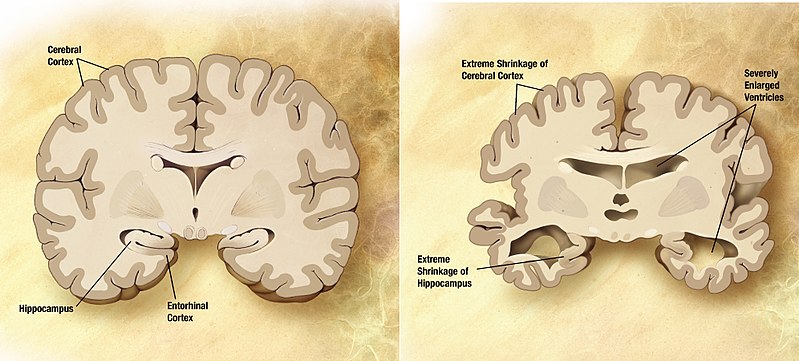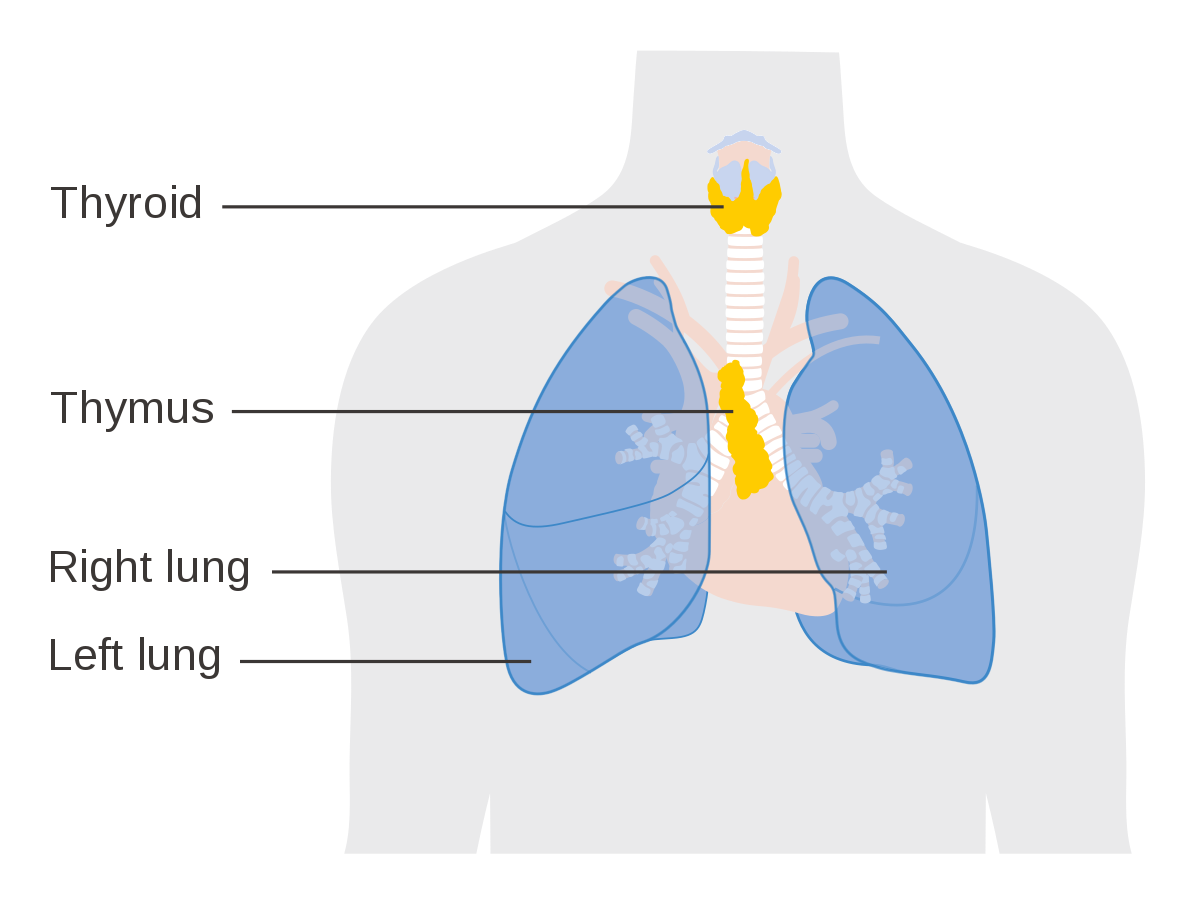Worldwide, millions of people suffer from Alzheimer’s disease. It is a type of dementia that causes problems with memory, thinking and behavior.
Symptoms of this disease develop very slowly and they get worse with time. Presently, the only way to test this disease is positron emission tomography (Pet) brain scans, which is very costly and time consuming.
In a big breakthrough, researchers from the Washington University School of Medicine in St Louis, Missouri have made significant progress toward developing a blood test that can diagnose the brain changes linked to Alzheimer’s disease, up to 20 years before symptoms appear.
Researchers found this test to be more than 90 per cent accurate, and are hopeful that it could be available in the doctor’s office in a matter of years. Scientists foresee that this test will help in speeding up the creation of new treatments for the treatment for Alzheimer’s.
According to Randall Bateman, professor of neurology at Washington University, “Right now, we screen people for clinical trials with brain scans, which is time-consuming and expensive, and enrolling participants takes years,”
“But with a blood test, we could potentially screen thousands of people a month. That means we can more efficiently enrol participants in clinical trials, which will help us find treatments faster, and could have an enormous impact on the cost of the disease as well as the human suffering that goes with it.”







